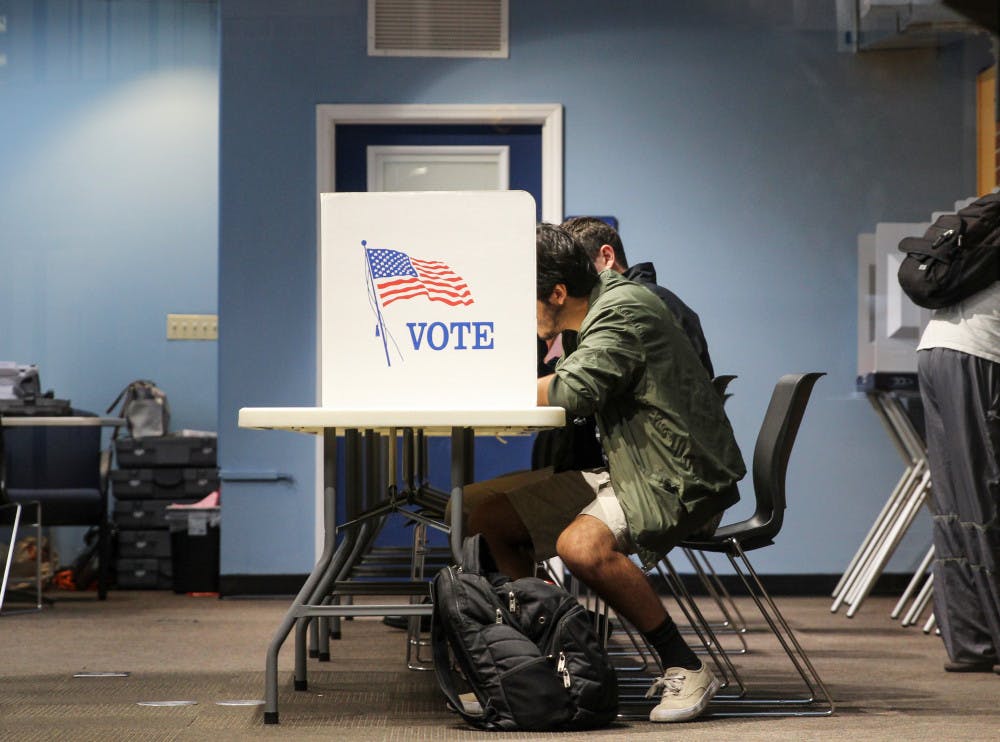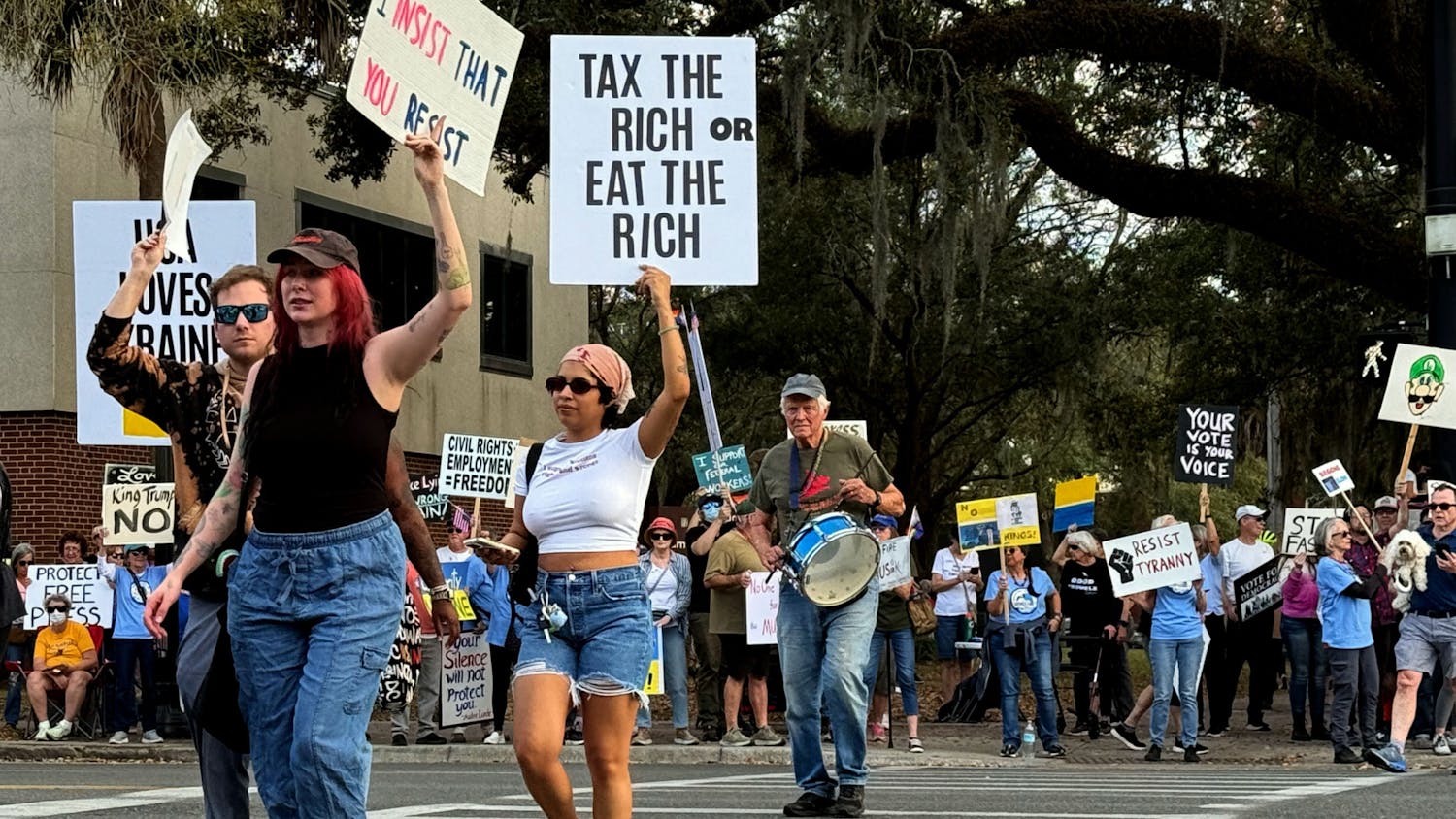The entire system of how Americans vote could be changing soon if Colorado is any indication. Colorado Gov. Jared Polis has stipulated that he is going to sign a bill that will sidestep the Electoral College in favor of a system that will allow the candidate with the most popular votes to win.
The U.S. uses the Electoral College system, which has 538 electors. Basically, when you go to the polls to vote, you are casting your vote for an elector. The presidential candidate’s names are just stand-ins for your elector.
In the coming 2020 election, electors are divided up based on the previous 2016 election. There will be 306 Republican electors based off of the number of votes Donald Trump received in 2016, while the remaining 232 electors will be Democrats based off of how many votes Hillary Clinton received. A presidential candidate needs to win the majority of Electoral College votes, 270, to become president. Electors are elected based off of different and often random processes from each state. In the U.S. presidential election, a candidate can win the popular vote, but they may not win the Electoral College.
In 2016, Clinton won the popular vote by about 3 million more votes than Donald Trump – the biggest difference in a candidate who has won the popular vote and not the Electoral College. Even here in Florida, we are no stranger to the popular vote. Those of us who are in college now could barely talk in 2000, but it was that same year Florida was riddled in election controversy. The election between Al Gore and George W. Bush was so close in Florida that a clear winner couldn’t be named in the state and, therefore, in the entire country for weeks. In the end, it was a controversial Supreme Court decision that named Bush as the nation’s president. However, Gore technically still won the popular vote by thousands.
It begs the question of why a country that has always fought for the right to vote would have a system that essentially makes some people’s votes void. The Electoral College is as old as our country, and it was created to ensure the person chosen for president was picked by people who were capable of understanding American politics. However, the idea is archaic. It was created by our founders in a time when only wealthy white men could vote, and even then, they were worried the popular vote wouldn’t align with their views. So, they created a safeguard to ensure that the “best” person was chosen.
Now, the Electoral College is basically a formality. Generally, electors will only vote how their districts voted. Each time there is a coming election, questions of the necessity of the Electoral College bubble up, like why it is still needed? It’s not. Not really, anyway. Its main purpose was to possibly change how voters cast their votes, but now that doesn’t fly. The Electoral College is a confusing process that doesn’t make sense in modern day U.S. politics, where everyone’s vote is supposed to count. However, without getting too deep into voter suppression, we know that isn’t always the case.
When it comes to the Electoral College, the only group of people it has benefited in the past 20 years is Republicans; for a president to win the Electoral College but not the popular vote is relatively rare, having only happened a total of five times. However, it has happened twice in the past 20 years. It speaks to a country that continues to grow more partisan. The Electoral College is just another step in an overly complicated electoral process. Although it has only caused a problem in five elections, it’s five too many. The U.S. is a country where a person’s vote is supposed to count, and the Electoral College has inhibited that. It’s time we took a better look at our voting system and make some serious changes.
Nestor Garcia, a 21-year-old industrial engineer major, attends the early voting session on Oct. 22, 2018, at the J. Wayne Reitz Union to vote for the first time.






